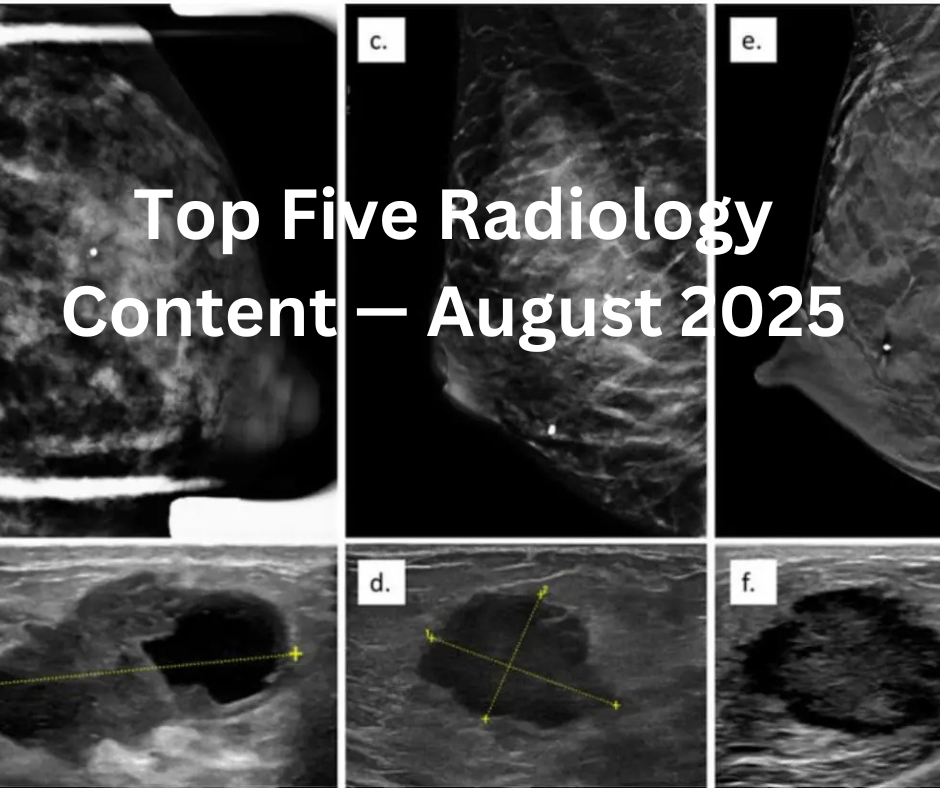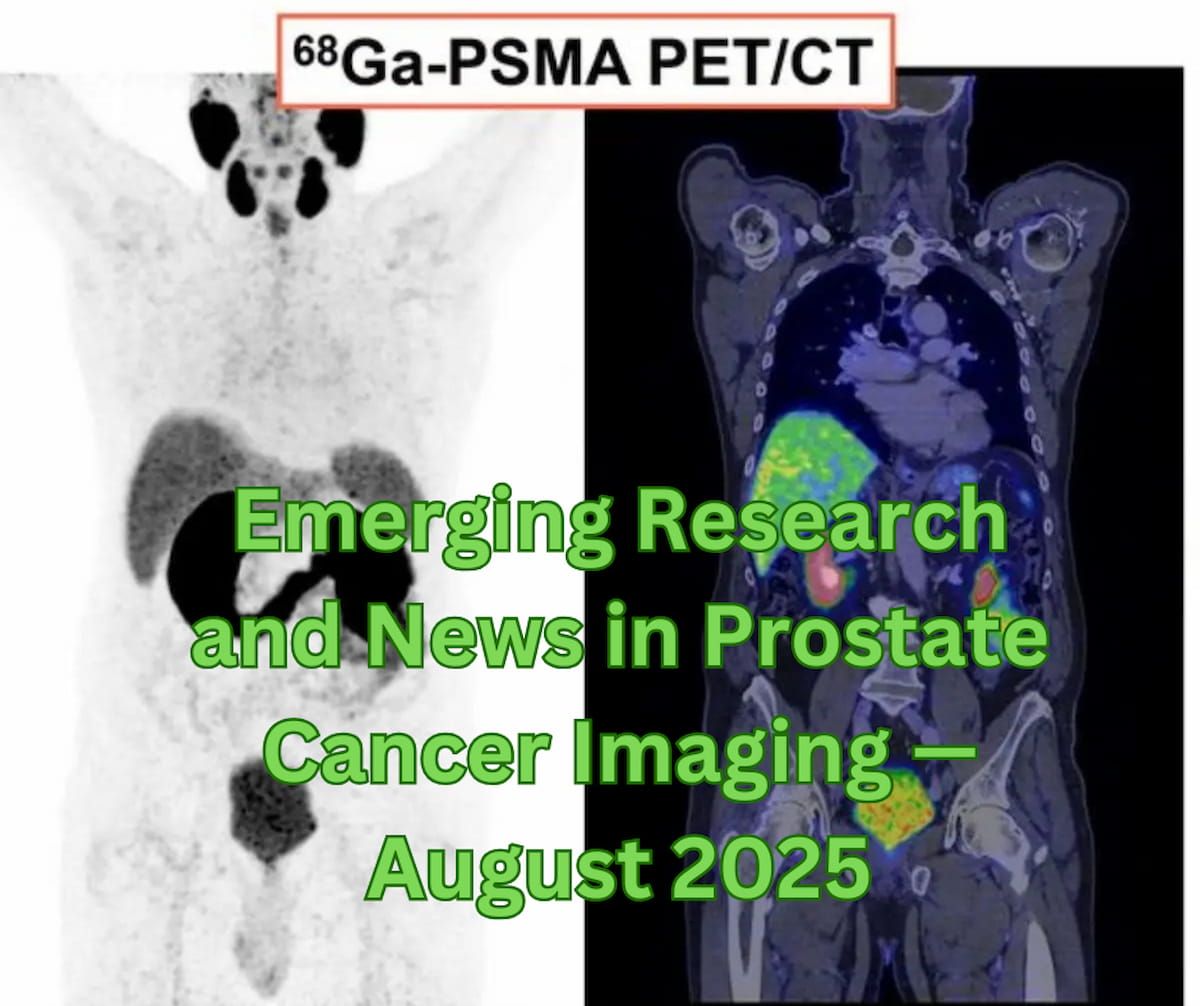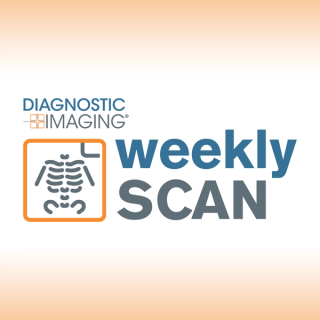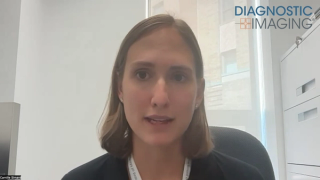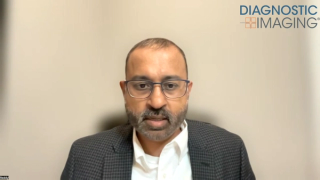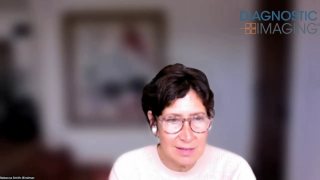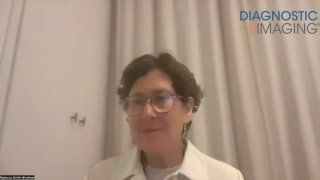
CT
Latest News
Latest Videos

CME Content
More News

Catch up on the top AI-related news and research in radiology over the past month.

Catch up on the top radiology content of the past week.
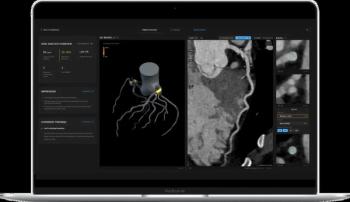
Use of the AI-powered Salix Coronary Plaque module, which offers detection of high-risk plaque within 10 minutes based off of CCTA scans, will reportedly qualify for $950 in Category 1 CPT reimbursement in 2026.
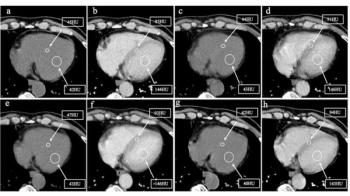
Nine months after initiation of androgen deprivation therapy (ADT), prostate cancer patients with higher myocardial extracellular volume (ECV) — derived from chest contrast-enhanced CT — had over a fourfold higher risk for major adverse cardiovascular events (MACEs), according to new research.

Catch up on the top radiology content of the past week.
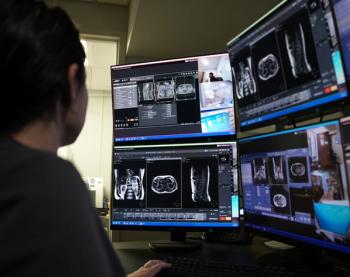
In addition to facilitating centralized scanning for a variety of imaging, the TechLive system may help ease the strain of technologist shortages and broaden access to advanced imaging exams.

While a CT-based deep learning model demonstrated a 91 percent AUC for predicting lung cancer risk within one year, researchers noted other mixed results in a new study involving over 18,000 individuals.
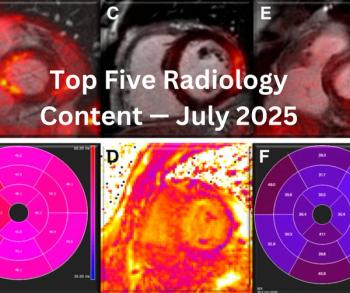
Catch up on the most-well viewed radiology content in July 2025.
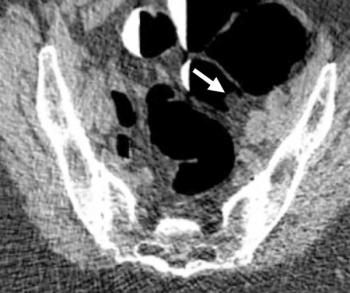
Computed tomography colonography (CTC) demonstrated a 91.6 percent positive predictive value (PPV) for polyps > 6 mm, according to new research involving over 9,000 patients who underwent CTC for primary asymptomatic colorectal cancer screening.

Catch up on the top radiology content of the past week.
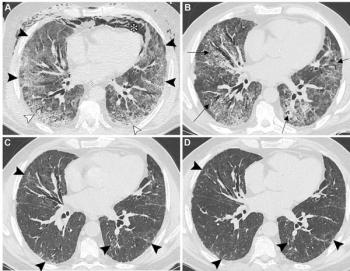
Developed by 21 thoracic radiologists, the new international consensus statement addresses appropriate indications, scan acquisition and keys to reporting for the use of chest CT imaging in evaluating for residual lung abnormalities from COVID-19.
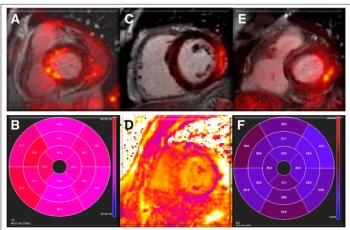
Study Reveals Significant Prevalence of Abnormal PET/MRI and Dual-Energy CT Findings with Long Covid
In a prospective study involving nearly 100 patients with Long Covid, 57 percent of patients had PET/MRI abnormalities and 90 percent of the cohort had abnormalities on dual-energy CT scans.
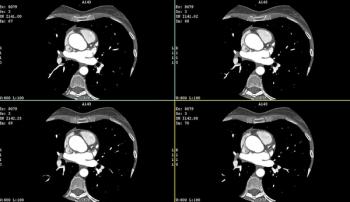
The dose length product (DLP) for the flash mode on a dual-source photon-counting CT system was less than a third of that for the spiral mode, according to a study of CTA findings for 1,000 patients presented at the Society of Cardiovascular Computed Tomography (SCCT) conference.

Stay updated with the latest in radiology, including PET, MRI, and AI research, plus essential insights on mammography and cardiac imaging.
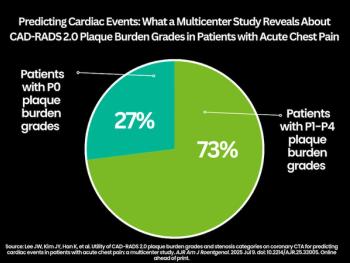
For patients who had coronary CTA for acute chest pain, emerging research found no significant association between plaque burden grades with CAD-RADS 2.0 and cardiac events.
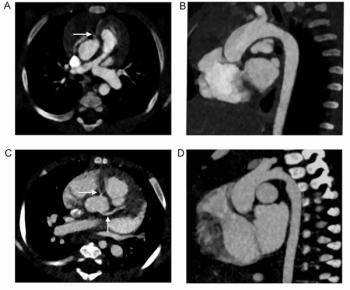
For pediatric patients with congenital heart disease, new research showed that cardiac PCCT yielded comparable signal-to-noise and contrast-to-noise ratios to energy-integrating detector CT at over a 43 percent lower dose length product.
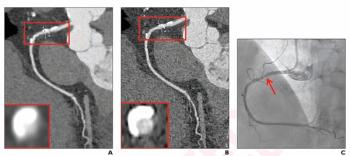
In a new study comparing standard resolution and ultra-high resolution modes for patients undergoing coronary CTA with photon-counting detector CT, researchers found that segment-level sensitivity and accuracy rates for diagnosing coronary artery stenosis were consistently > 89.6 percent.

Catch up on the top radiology content of the past week.
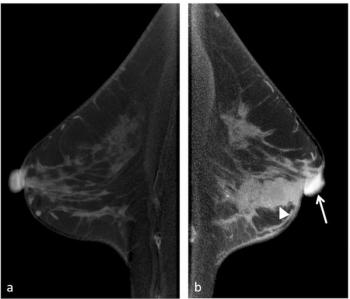
Preoperative use of contrast-enhanced cone-beam breast CT has over a 96 percent sensitivity for predicting nipple-areolar complex involvement in cases involving early-stage breast cancer, according to a new study.

Catch up on the top AI-related news and research in radiology over the past month.

Catch up on the top radiology content of the past week.
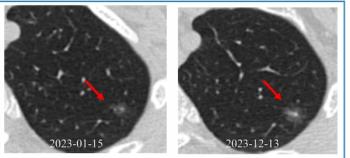
Emerging research shows that a multiple time-series deep learning model assessment of CT images provides 20 percent higher sensitivity than a delta radiomic model and 56 percent higher sensitivity than a clinical model for prognostic evaluation of ground-glass nodules.

Catch up on the top radiology content of the past week.
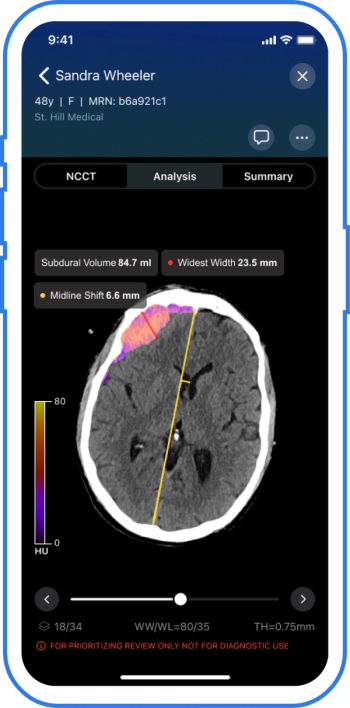
The AI-powered Viz Subdural Plus reportedly provides automated measurements and labeling of subdural collections, including subdural hemorrhages (SDHs), based on non-contrast CT scans.
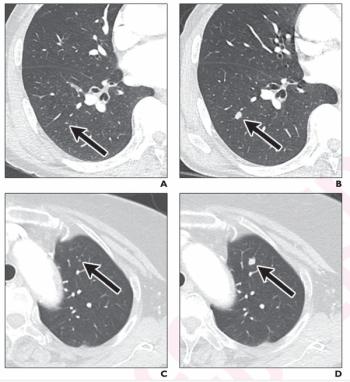
Researchers also noted a greater than 30 percent increase in treatment management changes resulting from the use of CT-based adjunctive AI to detect lung metastases in colorectal cancer patients.




